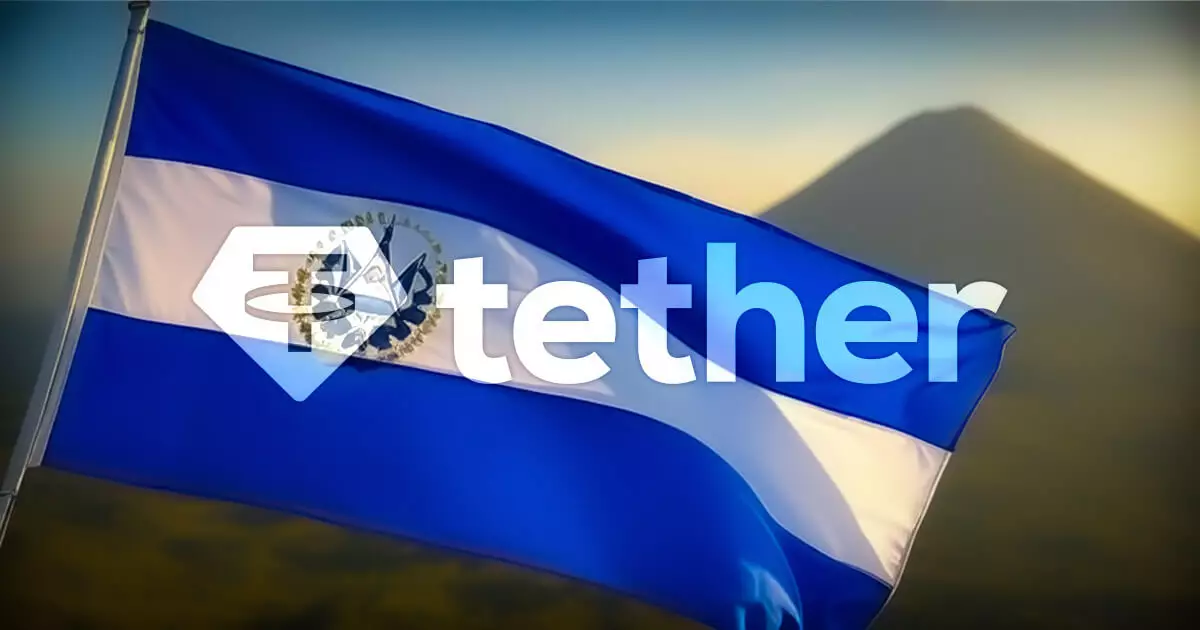In a significant move for the cryptocurrency landscape, Tether, the world’s foremost stablecoin issuer, has announced plans to relocate its global headquarters to El Salvador after securing a Digital Asset Service Provider (DASP) license. This decision marks a pivotal point not only for Tether but also for El Salvador, which has emerged as a trailblazer in the realm of digital currencies. By becoming the first country to recognize Bitcoin as legal tender, El Salvador is rapidly positioning itself as a beacon of digital asset innovation amidst a shifting global financial landscape.
Tether’s relocation to El Salvador is driven by the country’s progressive regulatory framework and a Bitcoin-centric economy under President Nayib Bukele’s guidance. Tether’s leadership is attracted to this environment, which they believe could accelerate financial inclusion and enhance access to digital assets. According to the company, the synergy between their objectives and El Salvador’s innovative policies lays the groundwork for advancing blockchain technology.
Tether’s CEO, Paolo Ardoino, is particularly enthusiastic about this shift, as he views El Salvador as a fertile ground for fostering financial innovation. By establishing its headquarters in the country, Tether intends to better serve underserved regions and partake in creating solutions that rival traditional financial systems, which frequently overlook these markets. This move highlights Tether’s commitment to using decentralized technology to empower individuals and communities worldwide.
El Salvador’s robust commitment to digital finance under Bukele’s leadership has not gone unnoticed in the global arena. The nation’s policies are attracting attention from various sectors, especially in cryptocurrency and blockchain technology. Bukele’s efforts to enhance safety and economic vigor in the country have laid the foundation for an ecosystem that encourages the growth of digital enterprises. As a result, El Salvador is poised to lead as a global hub for the digital economy, making it a desirable location for companies like Tether.
Ardoino’s admiration for Bukele’s vision reflects a broader trend where leaders who embrace technological advancements and financial inclusion can effect transformative changes. Thanks to modern policies, El Salvador is not only reshaping its financial landscape but is also setting a precedent for other nations contemplating similar paths.
The strategic decision by Tether to root itself in El Salvador goes beyond mere logistics; it symbolizes a shared vision for the future of money. By collaborating with a country that advocates financial freedom through the adoption of cryptocurrency, Tether can foster a conducive environment for innovation. Ardoino’s statements underline this belief, revealing a deep commitment to harnessing decentralized technologies to empower individuals on a global scale.
As Tether unfolds its plans, the implications of its presence in El Salvador will likely resonate beyond the country’s borders. This development could inspire other companies in the financial technology space to consider similar relocations or partnerships in nations where regulatory frameworks are evolving to enhance digital financial services.















